Bad Credit Car Finance

Expert Verified
By: Verity Hogan - Personal Finance Editor
How bad credit car finance works

Get a quote
Fill out a quick application to check if you’re eligible, with zero impact on your credit score.

Meet your account manager
A dedicated Account Manager will be in touch to guide you by call, text, or WhatsApp.

Choose a car
Browse 100,000+ used cars or buy from any trusted UK dealer, it’s up to you.

Hit the road!
Tell your Account Manager what you’re after, and if approved, you could be driving in just a few days.
*Rates start from 8.9% APR - Representative example 23.9% APR
Young Car Driver partners with CarFinance 247 Limited, a credit broker (not a lender), to help find the best car finance deal for your circumstances from their wide panel of lenders. The exact APR rate you will be offered will be based on your circumstances and subject to status.
Rates start from 8.9% APR – Representative example Hire-Purchase (HP) APR of 23.9% on Hire Purchase car finance loan borrowing £6,500 over 5 years with a Representative APR of 23.9% fixed and deposit of £0.00. The amount payable is £178.13 per month, with a total cost of credit of £4187.94 and a total amount payable of £10,687.94
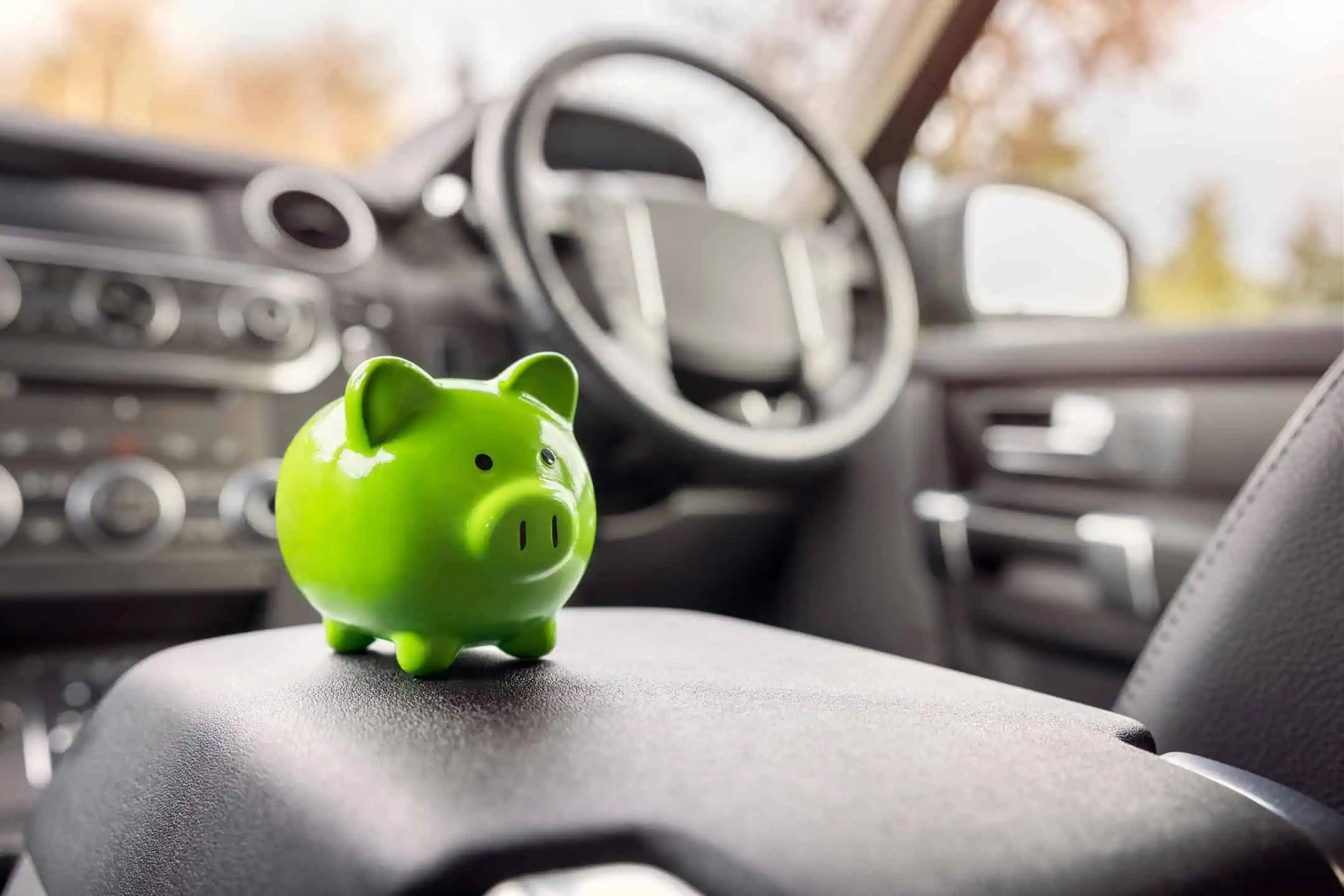
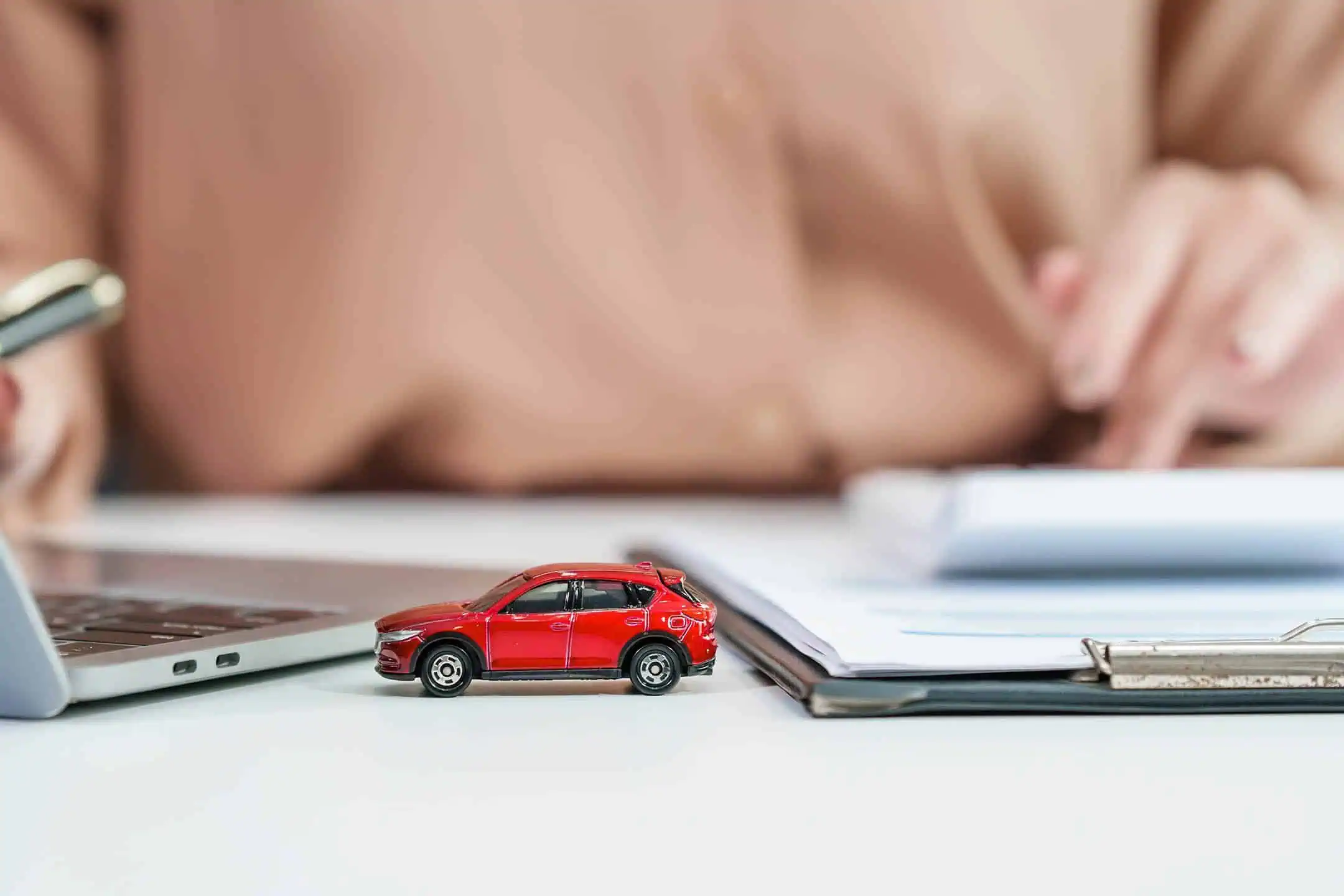
Can I get car finance with bad credit?
Yes, it’s possible to get car finance with a bad credit score – even if you’ve been refused elsewhere.
No matter the reason why your credit score isn’t in great shape, a poor credit score doesn’t mean you won’t be able to borrow the money you need to buy a car on finance.
At Autedia we can’t guarantee that you’ll be approved for a loan, but we do work with a wide panel of lenders, including some that specialise in bad credit finance. Every application is individually assessed, looking at more than just your credit score, to help us find you the right car finance option for you and your circumstances.
Types of bad credit car finance
There are several different types of car finance you could consider, but here are a few of the most popular options available for car buyers with poor credit ratings:
- Hire Purchase
- Guarantor Car Finance
- Joint Car Finance

Hire Purchase
Hire Purchase car finance, or HP for short, is a type of loan that’s secured against your new car. You’ll typically pay a deposit and then borrow the remaining balance, which will then be repaid in fixed monthly payments over a period of between one to six years. Once you reach the end of your loan term, have finished making all your repayments, and paid the small Option to Purchase admin fee, you’ll become the car’s legal owner.
HP loans are a popular car finance option and are often offered to poor credit customers as the loan is secured against the vehicle and you won’t own your new car until all the payments are made.

Guarantor Car Finance
Guarantor car finance could be a good option for you if you have bad credit and are struggling to get approved for a loan. The main difference between guarantor finance and other types of car loan is that you don’t have to go it alone; instead, you’ll appoint a third party who will agree to step in and cover your monthly repayments if you can’t.
As they’re taking on a big financial responsibility that could impact their credit score, guarantors are typically your close friends or family members. They will also usually need to have a good credit score and be aged over 21. Some lenders also require guarantors to be homeowners.

Joint Car Finance
Joint car finance is like having a guarantor, as you’ll team up with someone else to share the loan, both the borrowers will be listed on the loan agreement and be responsible for making the repayments. This also means that both your circumstances will be considered when you apply. This can be helpful if the loan co-signer has a good credit rating and that your combined finances mean you can put down a large deposit. However, keep in mind that if the other person falls behind on their payments, you’ll be responsible for covering the full monthly repayment, not just your half.
What’s the best way to get car finance with bad credit?
While a bad credit score can make it more difficult to get car finance, there are steps you can take to increase your chances of securing a loan:
- 1. Put down a large deposit
- 2. Add a guarantor
- 3. Find lenders who specialise in bad credit loans

1. Put down a large deposit
While having a large deposit won’t affect your credit score, it will mean you don’t have to borrow as much money to buy your car. This can minimise your potential risk to lenders; they may feel much more comfortable approving you for a loan of £5,000 rather than £15,000.
Even so, a deposit isn’t always essential, and you might still be able to find a zero-deposit car loan with a bad credit score.

2. Add a guarantor
Applying for car finance with a guarantor who has a strong credit rating may help you qualify for a loan, even if your own credit could do with some work. Not all lenders are able to offer guarantor loans, but this is an option that is worth exploring if you are finding it tough to qualify on your own.

3. Find lenders who specialise in bad credit loans
Different lenders have different eligibility criteria, but some do specialise in offering finance to people with bad credit scores. Getting a quote using someone like Young Car Driver can help you access these options, even if you’ve been refused elsewhere. We work with a wide panel of lenders, including those who offer bad credit loans, and will always look to find you the best available deal from that panel.
What is considered a bad credit score when buying a car?
While there’s no credit score that can guarantee you’ll be approved for finance when buying a car, a bad credit score could make it more difficult.
In the UK, there are three main credit reference agencies who each have different bandings that they use to define a poor or very poor credit score:
- Experian – a score below 560 is considered very poor, while a score between 561 and 720 is classed as poor
- Equifax – any score below 438 is defined as very poor and scores between 439 and 530 are poor
- TransUnion – a score below 550 is categorised as very poor and anything between 551 and 565 is poor
If your current rating falls within these bands, don’t panic; your credit score isn’t fixed, and you can take steps to improve it over time.

Why do I have a poor credit score?
There are many reasons why you may have a poor credit score, but none of these factors make it impossible to find a car loan:
- Making late payments
- Defaulting on payments
- Entering an IVA
- Having a Debt Management Plan
- Having a CCJ
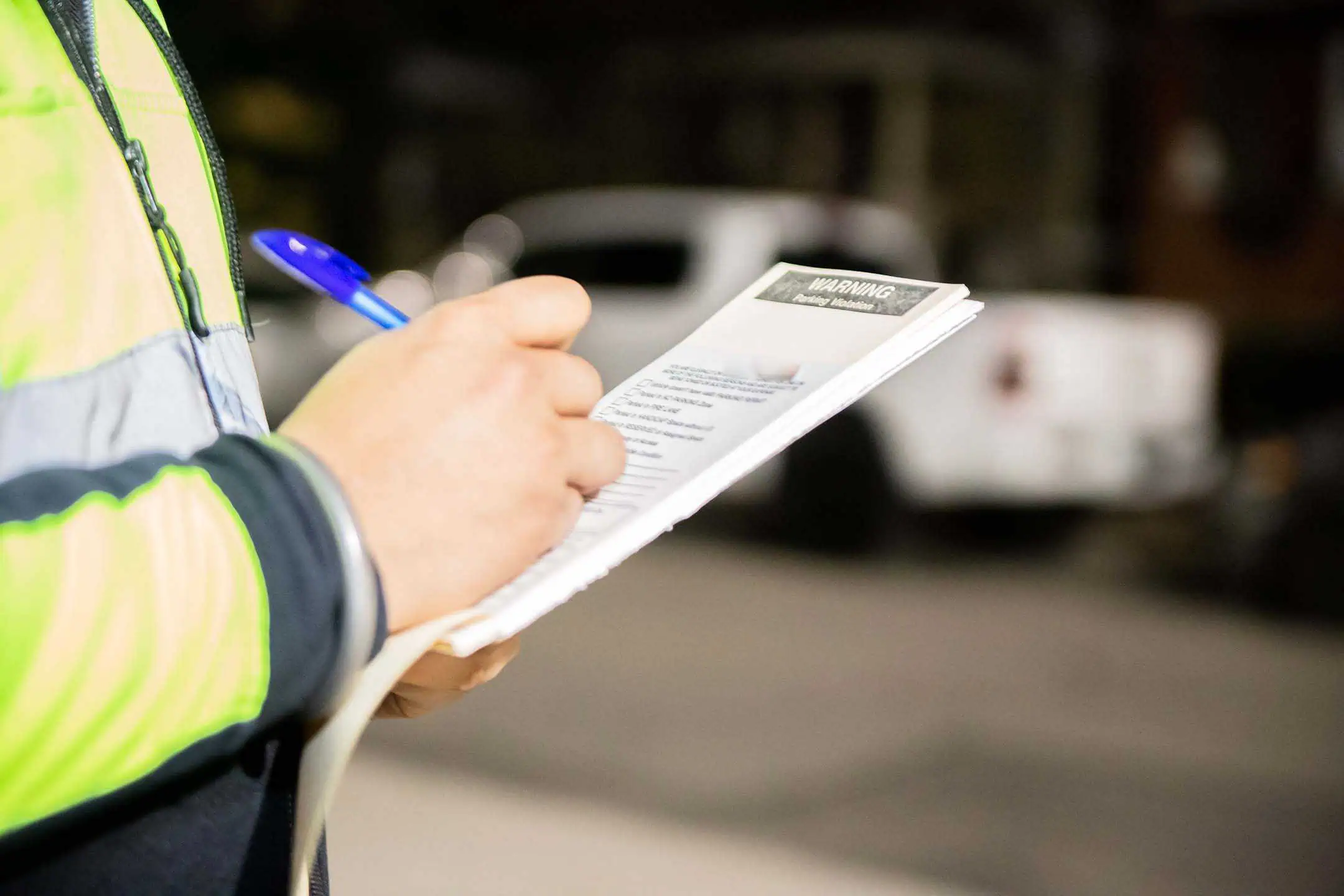
Making late payments
While paying your bills a couple of days late might not seem like a big deal (and could happen to anyone), repeatedly making late payments can negatively impact your credit score. If a lender notifies the credit reference agencies that your payment has arrived late, this will be marked on your report and could make lenders more reluctant to offer you finance in the future.
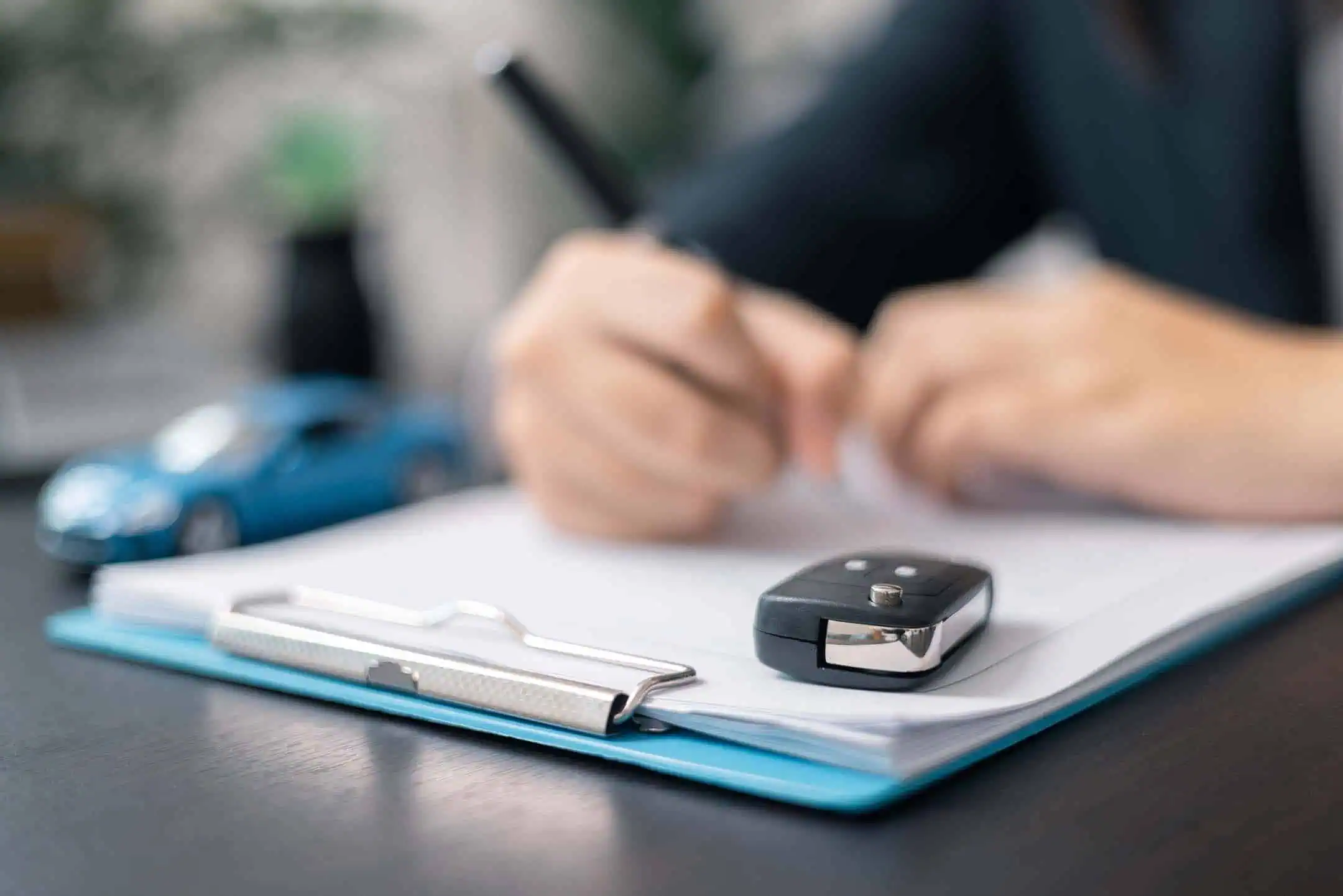
Defaulting on payments
A default happens when your account is closed because you’ve missed several debt repayments. This typically only happens when the lender believes you won’t make those payments and they have effectively lost that money. Even so, you may still be able to get car finance if you’ve had defaults or missed payments in the past.

Entering an IVA
An IVA – Individual Voluntary Arrangement – is a type of debt management solution that helps you repay your creditors by making affordable repayments. It’s a formal agreement, managed by an Insolvency Practitioner, which lasts a set period, and protects you from facing any further action from your creditors during that time. While an IVA can help you pay towards debts that you’re struggling to manage, it will be marked on your credit report for up to six years.
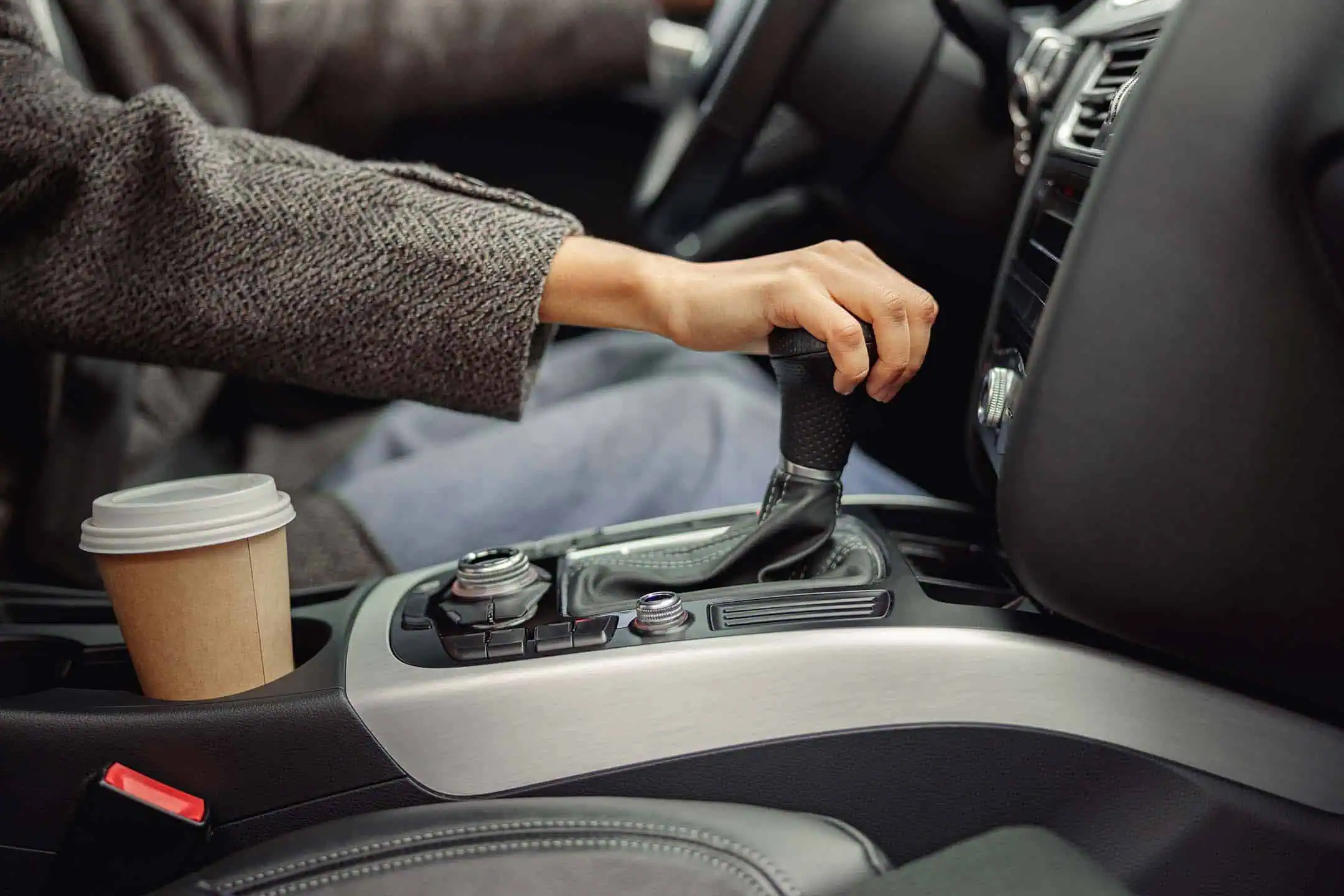
Having a Debt Management Plan
Debt Management Plans (DMPs) are informal debt arrangements made between you and your creditors. Unlike an IVA with a fixed term, you can choose to exit your DMP at any time, but your creditors can also choose to take further action against you if they wish. Being in a DMP could make it more difficult to find a car loan as it shows lenders that you’ve had difficulty making payments in the past – but there might still be finance options available to you.

Having a CCJ
A CCJ – County Court Judgement – can be granted against you if you’ve failed to repay a debt. The judgement will usually come with a strict loan repayment plan outlining how much you owe and how it must be paid. The CCJ will also be marked on your credit score, affecting your ability to get a car loan, for up to six years.
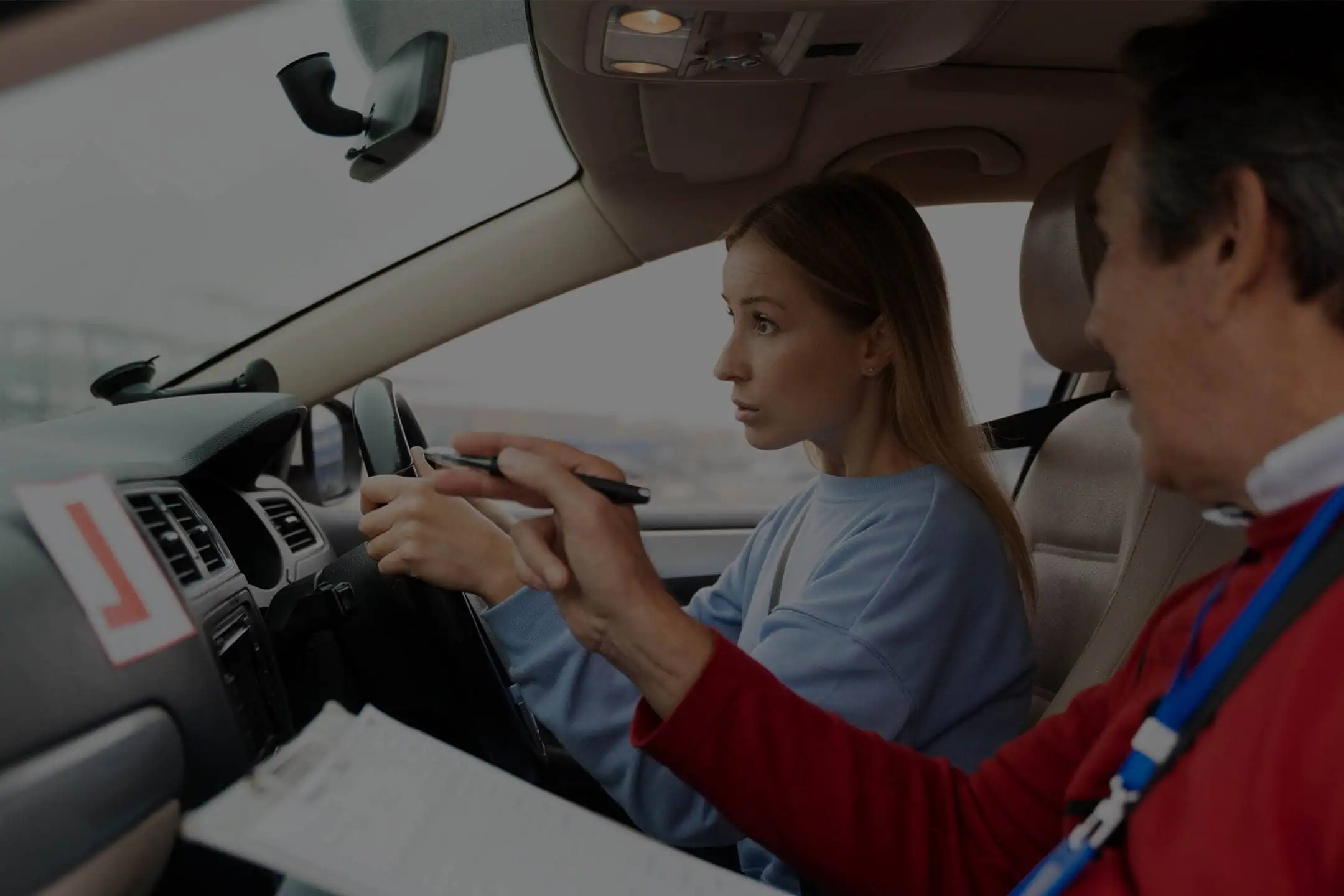
Can I get car finance with no credit history?
If you’ve never had credit before and have no credit history, you might find it tough to buy a car on finance.
As a young driver or a driver who has never used credit, lenders have no way of knowing how you’ll act as a borrower. This air of mystery can make you a riskier proposition.
Even so, you can take steps to start to build a good credit score or find an alternative type of car loan, such as guarantor finance.
If you come across a company claiming to offer car finance with no credit check, be cautious. Credit checks are an important step in the finance process, providing reassurance for the lender and for you as the borrower.
When you apply for no obligation quote with Autedia, a soft credit check will take place to assess your eligibility. This won’t impact your credit score. It’s only if you choose to proceed with a loan option that a hard credit check will take place.
How can I improve my credit score?
Although credit scores aren’t an exact science, there are several steps you can take to improve yours over time:
Pay your bills on time
While maintaining a perfect payment history isn’t always easy, taking action such as setting up direct debits and ensuring payments are taken straight after payday can decrease the chances that you’ll pay late.Check your credit report for mistakes
Making it a habit to check your credit score regularly can help you spot any mistakes and get them corrected quickly. Having the wrong details recorded, or searches listed that you didn’t make, could affect your score without your knowledge.Keep your credit utilisation low
Some months you might have an unexpected cost and need to max out your credit cards, but generally the more unused credit you have available, the better your credit score will be.Limit your hard searches
Each time you make a formal application for credit, a hard search will be carried out and marked on your credit report. Having a lot of hard searches recorded in a short amount of time can be a cause of concern for lenders and could lower your score.Get on the electoral roll
Registering on the electoral roll is free and can help you improve your credit. It takes just a couple of minutes and can be completed online. Make sure you remember to register again each time you move house.

